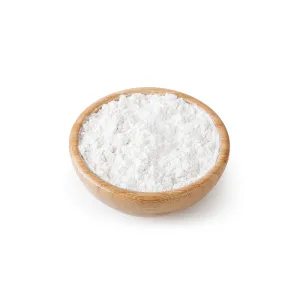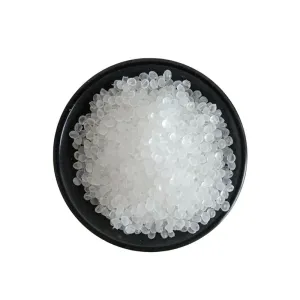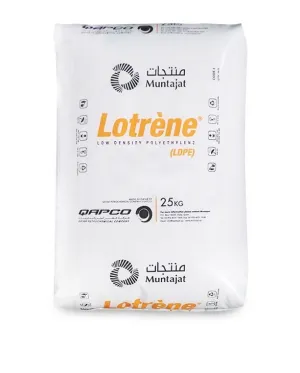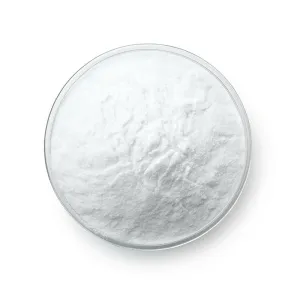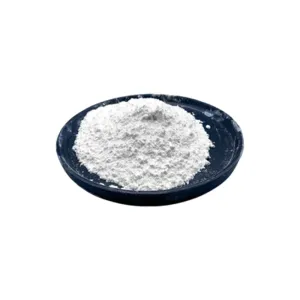3,043
September 18, 2024, 11:38 AM
On September 12, 2024, SCHOTT AG Group, a global leader in high-tech special materials, held a media reception in Shanghai, China. During the 50-day countdown to the Seventh Expo, it formally introduced the scope of application, technical advantages, market prospects and layout and development of Schott special glass materials in the semiconductor field to the Chinese market.
With the rapid development of artificial intelligence, big data and other cutting-edge fields, various industries have put forward higher and higher requirements for chip computing power, bandwidth and interconnection density. At the same time, the future chip design and manufacture also need to deal with the challenge of high energy consumption. However, chip manufacturing is more and more restricted by the laws of physics and production technology, and the chip processing technology based on silicon transistor has approached the physical limit. The major chip designers, manufacturers and wrappers are trying to find new materials that are more suitable for highly integrated chip packaging and interconnection, so as to improve the computing speed and efficiency of integrated circuits.
Compared with the mainstream organic substrates in the industry, glass substrates have unique properties and better performance in flatness, thermal stability and mechanical stability. As a result, chip architecture engineers are able to create higher-density, higher-performance chip packages for data-intensive jobs such as artificial intelligence, which is expected to push Moore's Law to continue beyond 2030.
Specifically, the glass used for the substrate has excellent thermomechanical properties. While the thermal expansion (CTE) is close to silicon, it can also be adjusted and developed according to customer design to support advanced integrated power supply at higher temperatures. The high rigidity of the glass itself also makes it not easy to deform, can support feature scaling with improved dimensional stability, and can reduce warping in the manufacturing process. The excellent ultra-smooth surface quality of the glass helps to produce more precise wiring layer circuits; the glass also has superior electrical isolation characteristics, which can prevent electrical signals from interfering with each other through adjustable dielectric properties, achieving superior electrical isolation effect, and can increase the through-hole density by about 10 times; the glass also supports circuit boards with a larger size than 12-inch silicon wafers and can support 240mm x 240mm. The high transparency of glass substrate also lays the foundation for optical signal integration and high-speed signal transmission in the future.
Compared with traditional organic substrates, glass substrates have these remarkable advantages, especially their excellent thermal and mechanical strength, so they are very suitable for high temperature and durable applications. It is an ideal choice for advanced SiP interconnection with multiple small chips (Chiplet). Therefore, the glass substrate is very meaningful for high-performance computing chip companies such as AMD, Intel and Nvidia.
As a global special glass giant, short, founded in 1884, its special glass products are widely used in medicine and health, aerospace, consumer electronics, optics, industrial energy, data communications, automobiles, household appliances, semiconductors and other fields. it covers more than 30 countries and regions around the world. The total number of employees worldwide is as high as 17100.
For the semiconductor industry, for nearly a decade, Schott has been providing key specialty glass solutions for the chip manufacturing industry, including wafers for wafer thinning processes, wafers for advanced packaging, and plates for glass substrates mentioned earlier.
According to Chen Wei, general manager of short China, and Dr. Zhang Guoping, founder and chairman of Shenzhen Huaxun Semiconductor Materials Co., Ltd. And vice president of Shenzhen Advanced Electronic Materials International Innovation Research Institute, in recent years, Xiao teamed up with CIC to provide a temporary bonding solution based on glass carrier.
Especially in the post-Moore era, special glass provides a new possibility for the next generation of semiconductors because of its excellent heat resistance, dielectric properties and a variety of CTE properties. After long-term technical verification, the industry head company unanimously chose special glass as one of the most potential new materials for the next generation semiconductor packaging substrate, and has laid out related production lines in the past two years.
In response, short also set up a new "Semiconductor Advanced Packaging Glass Solutions" department in early 2024, which is committed to providing tailor-made specialty material solutions for partners in the semiconductor industry. According to reports, the new department is headed by Dr. Christian Leirer, an industry expert with 15 years of experience in the semiconductor field and has a full understanding of the needs and challenges of the industry.

